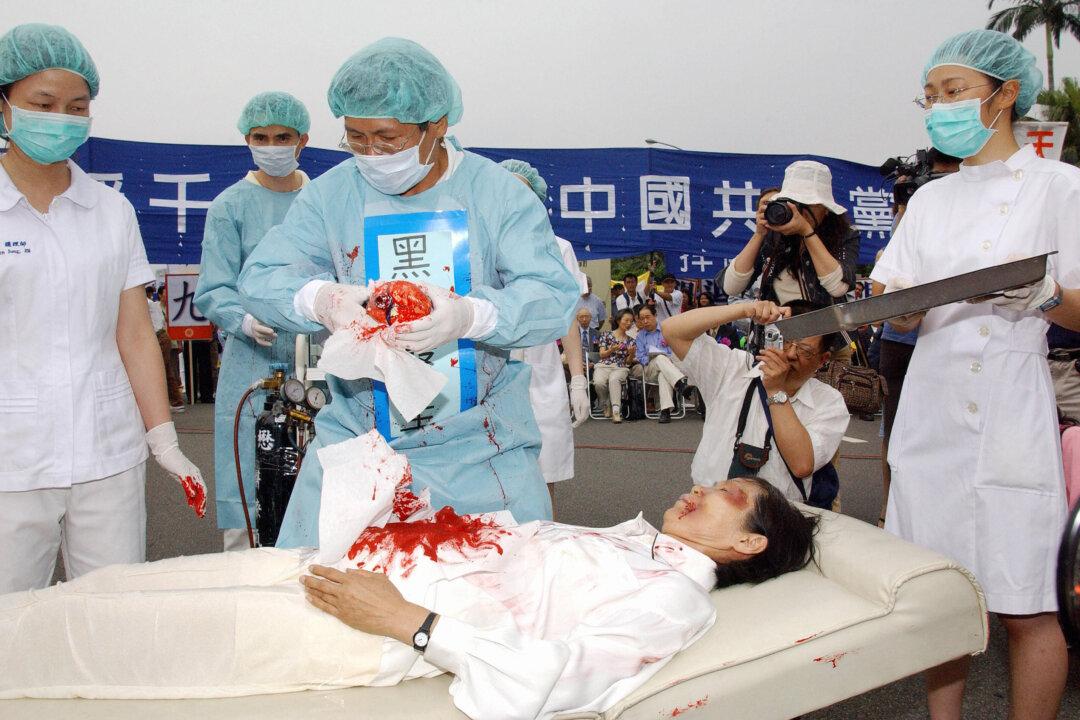The Chinese regime is killing prisoners of conscience and carving out their organs for transplant, a panel of lawyers and experts have found after a yearlong investigation.
While the Chinese regime has maintained from 2015 that organ transplants have come from voluntary donors, the tribunal said it concluded the practice is still taking place.
The panel said it was “certain” that the organs were sourced from imprisoned Falun Gong practitioners, noting that they were “probably the principal source.”
Falun Gong, a spiritual discipline consisting of meditative exercises and moral teachings based on truthfulness, compassion, and tolerance, has been brutally persecuted by the Chinese regime for the past two decades.
The international panel, known as the China Tribunal, reached its conclusions after considering a variety of written and oral evidence, including testimony from more than 50 witnesses given over two public hearings.
“The conclusion shows that very many people have died indescribably hideous deaths for no reason, [and] that more may suffer in similar ways,” tribunal chairman Sir Geoffrey Nice QC said in delivering the judgment on June 17.
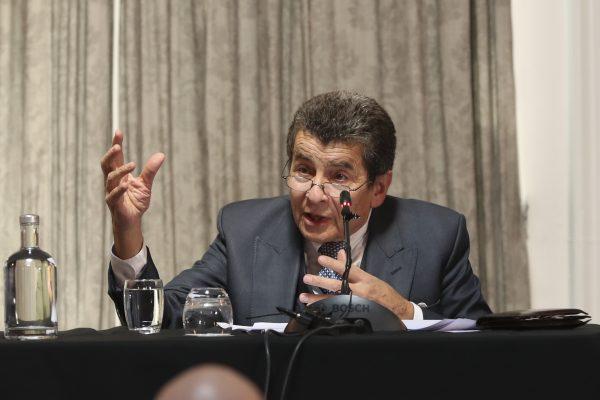
Nice previously led the prosecution of former Yugoslavian President Slobodan Milosevic at the International Criminal Tribunal. Joining him on the panel were six international experts in the areas of law, transplant surgery, international politics, Chinese history, and business.
The tribunal also said that Uyghur Muslims in Xinjiang were at “risk” of being subjected to forced organ harvesting while detained inside “re-education camps” set up by Chinese authorities.
The U.S. State Department and experts estimate that more than 1 million Uyghurs and members of other Muslim minorities are currently being detained in such camps, where they are subject to political indoctrination and forced to renounce their beliefs.
The panel found, beyond a reasonable doubt, that crimes against humanity have been committed against both Falun Gong practitioners and Uyghurs.
It added that the regime’s actions were “indicative” of genocide, but stopped short of declaring that the crime had been committed, in light of its strict definition under international law.
Shocking Allegations
Detailed reports alleging the disturbing practice of forcible organ removal for profit first emerged in 2006.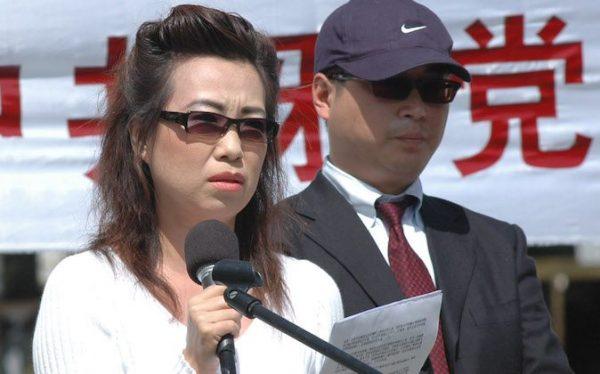
“It is agonizing to recall the past. The organs removed from a living human being fetch a much higher price than from a dead body,” Annie said.
“After the live organ removal, some Falun Gong practitioners were still alive and breathing, but some of their bodies were directly thrown into the crematory oven. No trace of their bodies is left.”
The report pointed to the uptick in organ transplant surgeries conducted in China since 2000, as well as the unusually short wait times advertised by many hospitals—at a time when China had no formal organ donation system. Prior to 2015, the Chinese regime said that organs for transplants were sourced from executed prisoners.
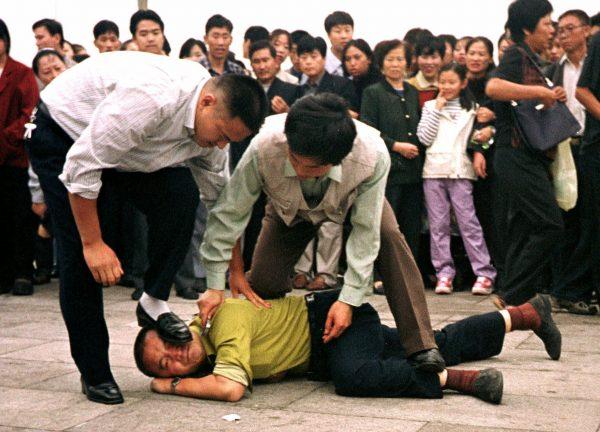
This coincided with the persecution of Falun Gong. A nationwide campaign commenced in July 1999, with thousands of practitioners thrown into China’s detention facilities. Many of them refused to identify themselves to authorities, for fear that their families could be implicated, the report said.
The existence of a large population of unidentified Falun Gong practitioners—people who had been assumed to have simply disappeared—became a ready source of harvested organs, the report said.
Amid growing outcry about the organ harvesting allegations, the Chinese regime in 2015 set up a voluntary organ donation system, claiming that it no longer used executed prisoners as a source for organs.
By analyzing the public records of 712 Chinese hospitals that carry out liver and kidney transplants, the report showed that roughly 60,000 to 100,000 transplants were being conducted each year, far outstripping the officially reported number of 10,000 to 20,000 per year.
‘Unavoidable’ Conclusion
Over the past year, the tribunal, which was initiated by the transplant ethics group International Coalition to End Transplant Abuse in China (ETAC), made a series of findings regarding the organ transplant system in China that led it to reach the “unavoidable” final conclusion that organ harvesting is indeed taking place in the country.Nice highlighted the “extraordinarily short” timeframes promised by doctors and hospitals in China. “Received opinion is a couple of weeks [waiting time for an organ] is completely impossible,” Nice said.
“And yet [there is] a great deal of evidence ... showing that very short waiting times were promised or offered.”
The evidence included undercover phone calls to Chinese doctors, as well as testimony from Israeli doctor Jacob Lavee, who recounted how his patient was told he could receive a heart transplant in China in two weeks.
“Dr. Lavee realized immediately what that meant. It meant that somebody was going to have to be killed for his patient to have the operation,” Nice said.
Statistical evidence, Nice said, also revealed that the number of transplants performed didn’t match the numbers provided by China’s voluntary donor system. The tribunal thus rejected recent organ transplant data published by the regime as “spurious.”
Nice said that based on analysis of infrastructure and capacity at Chinese transplant hospitals, a conservative estimate is that 60,000 to 90,000 transplant operations are conducted each year—vastly greater than the figures reported by the Chinese regime.
The tribunal also received consistent evidence from survivors that they were medically tested, including blood tested, while incarcerated. These tests were consistent with testing for organ status, Nice said.
Non-Falun Gong prisoners were not tested. Medical results were never explained to inmates, the judgment said.
“Why would detained Falun Gong practitioners receive specific physical examinations—including X-rays, ultrasound, blood tests—while at the same time being subjected to brainwashing, labor work, torture, or death?” Trey Torsten, doctor and director of the advocacy group Doctors Against Forced Organ Harvesting, posed during the April hearings.
The tribunal also received direct evidence of organ harvesting, Nice said, including from a former surgeon who was instructed to perform organ extractions at a time when the industry was just starting up.
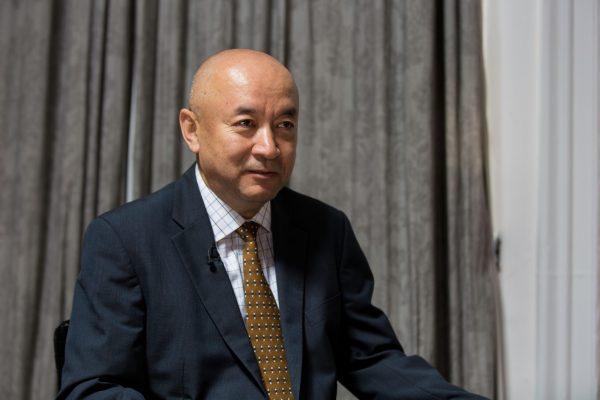
Enver Tohti, during the December hearings, recounted how in 1995 he removed two kidneys and a liver from a death-row prisoner who had been shot in the right side of his chest but was still alive.
“What I recall is, with my scalpel, I tried to cut into his skin, [and] there was blood to be seen. That indicates that the heart was still beating. ... At the same time, he was trying to resist my insertion, but he was too weak,” he said.
Tohti told The Epoch Times’ sister media NTD on June 17 that his actions have haunted him to this day.
“I go to church, I go to mosque, I go to temples to pray for him, in case he was Muslim, he was Christian, he was Buddhist,” he said.
Nice said the tribunal reached out to representatives of the Chinese regime, including the Chinese Embassy in London and health officials, but did not hear back from them.
Kilgour said during the April hearings that “there has been no been serious attempt [by the Chinese regime] to rebut or refute what we say.”
“The evidence is overwhelming that this terrible trafficking of organs is taking place, and is increasing, in China,” Kilgour said at the time.
Call to Action
The tribunal said that governments and international bodies “must do their duty” in relation to the findings that the Chinese regime has committed crimes against humanity. It added that “there is a duty on those who have the power to institute investigations for, and proceedings at, international courts or at the U.N. to test whether genocide has been committed.”Failing that, the tribunal urged citizens to act jointly to pressure governments “so that those government and international bodies are unable not to act.”
Finally, the tribunal noted that governments and those interacting with the Chinese regime, including doctors, medical establishments, businesses, and educational institutions, “should now recognize that they are, to the extent revealed [in the judgment], interacting with a criminal state.”
Susie Hughes, executive director and co-founder of ETAC, called for an urgent response to end the horrendous crimes.
“It is no longer a question of whether organ harvesting in China is happening, that dialogue is well and truly over. We need an urgent response to save these people’s lives,” Hughes said in a statement.
“To that end, we must hold China to account for its crimes against humanity, immediately stop all transplant-related collaboration with China, and prevent our own citizens from participating in transplant tourism to China.”
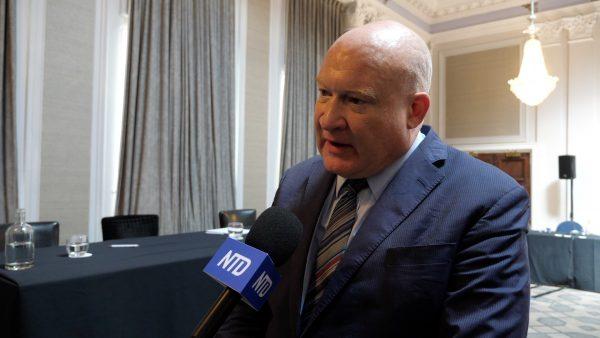
Gutmann, who has been investigating the issue for more than a decade, told NTD that the tribunal’s judgment was a bittersweet moment for him.
“The China tribunal, in some ways, is five or six or seven or 10 years too late,” Gutmann said. “This should have happened right from the beginning. So many people have died because of that misjudgment, and because of that loss of nerve in the West.”
Annie Yang, who was one of several Falun Gong practitioners to give testimony of being tortured and medically tested while detained for her beliefs, told NTD that the judgment was a significant development that could be used to compel people and governments to take action.
“People need to have the courage to speak out, to talk about it, to let people know,” Yang said. “Only in this way, can you stop this persecution, to stop this organ harvesting, to stop this crime.”
